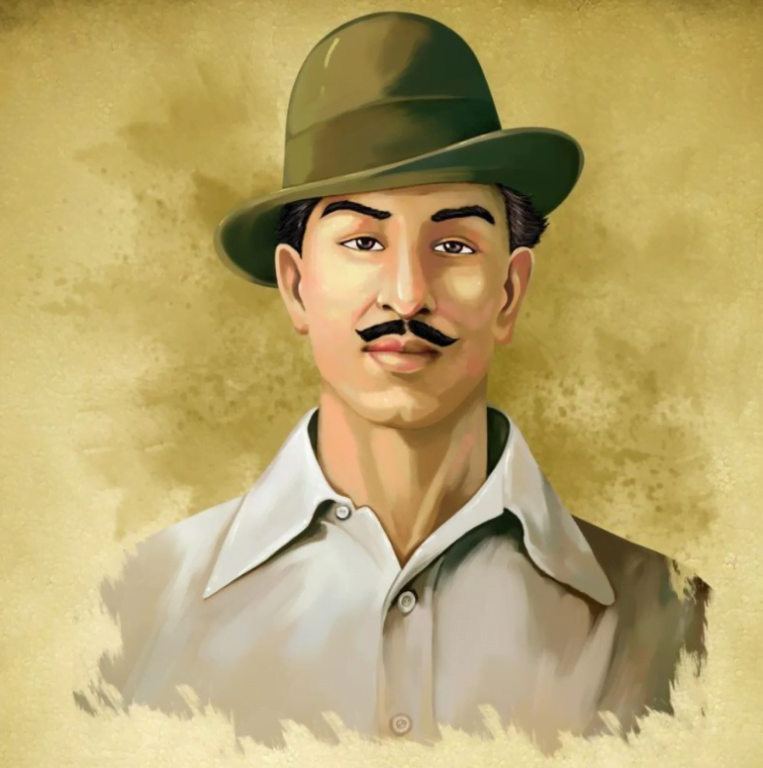Bhagat Singh is one of the most influential revolutionaries in the history of India. Born on 28 September 1907 in Banga, Punjab, he became a leading figure in India’s struggle for independence from British colonial rule. Here are five things you may not know about this revolutionary leader.
He was a voracious reader
Bhagat Singh was an avid reader and had a wide range of interests. He read works by Marxist thinkers such as Lenin, Trotsky, and Stalin, as well as works by Indian thinkers such as Swami Vivekananda and Rabindranath Tagore. He was particularly interested in the works of French anarchist Auguste Vaillant, who had attempted to assassinate the French Chamber of Deputies in 1894.
He was a polyglot
Bhagat Singh was not only fluent in his native Punjabi, but he was also proficient in several other languages, including Urdu, Hindi, Bengali, and English. This allowed him to communicate with a wide range of people, including leaders of different political groups.
He was a prolific writer
Bhagat Singh was an accomplished writer and wrote extensively on a range of topics, including politics, philosophy, and religion. He wrote several articles for the revolutionary newspaper Kirti, and his writings were later compiled into a book titled “The Jail Notebook and Other Writings”.
He was an atheist
Bhagat Singh was a staunch atheist and believed that religion was a tool used by the ruling classes to control the masses. He once wrote, “The working class will never be free until it has smashed the existing religious institutions.”
He was executed at a young age
Bhagat Singh was just 23 years old when he was executed by the British colonial authorities. He was hanged on 23 March 1931, along with his comrades Rajguru and Sukhdev, for their role in the Lahore Conspiracy Case. His death galvanized the Indian independence movement, and he is still remembered as a martyr and a hero by many in India today.


